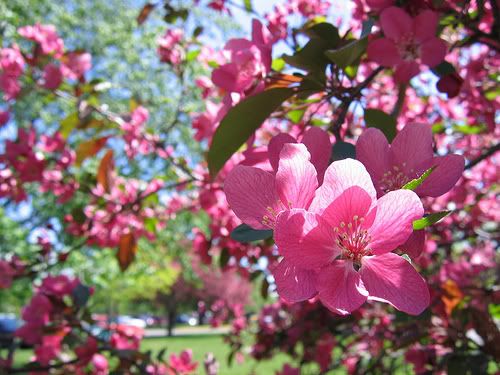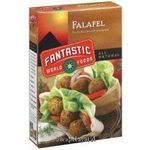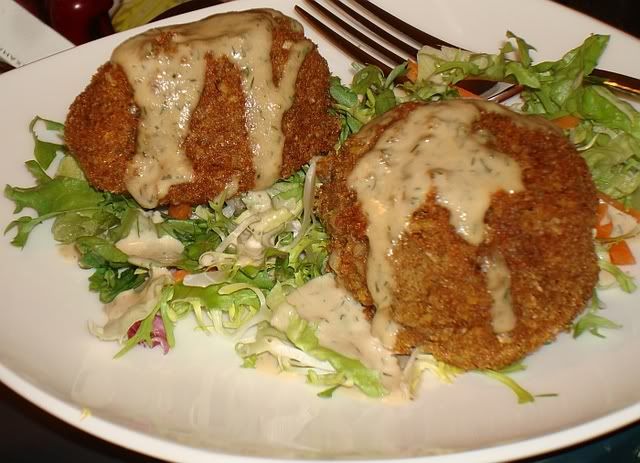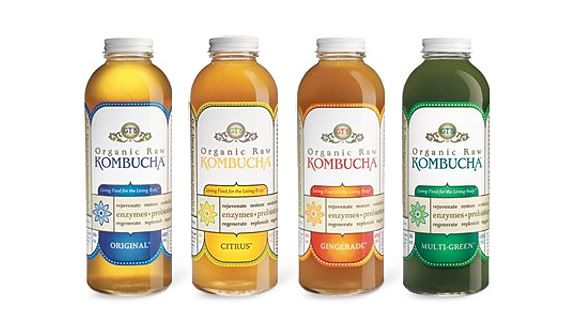
random raver clip to brighten your day @ demf last year
Dinner was exceptionally good today, I must admit.
Sweet potato millet cakes with a spinach almond cream sauce

here's how it all went down
1st I cooked the sweet potato in the oven. Then I toasted the millet in a pan with olive oil. I then got a bowl of cold water and washed the toasted millet and slightly scrubbed it with my hands. I then drained it and cooked the millet in vegetable stock. Then I stuck the millet in the freezer to cool down. I then made the sauce by placing raw pealed almonds, almond milk, nutritional yeast, spin, garlic, cumin, salt and arrowroot (to thicken) in a food processor, then I put it in a pan and set it aside. Then in the food processor I took the cooled millet, the cooked sweet potato, some firm tofu, oregano, a large amount of fresh parsley and a small amount whole wheat pastry flour to hold it all together.
So I pan fried the bad boys shown above, and baked all the rest.
The other day I wasn't as fancy and I made something out of a box (which I hate do to b/c of the quality but love to do when I'm feeling lazy)

You are totally not supposed to put this stuff in a deep fryer, but curiosity always gets the best of me. The rest of them did not turn out so pretty, in fact- they were ugly as hell.

falafel with homemade tahini sauce
In the sauce;
organic tahini from the Detroit Zen folks, applecider vinegar, lemon juice, dill, salton a side note, I am totally craving one of these right now

what the hell is Kombucha?
The recorded history of this drink dates back to the Qin Dynasty in China (around 250 BC). The Chinese called it the "Immortal Health Elixir," because they believed Kombucha balanced the Middle Qi (Spleen and Stomach) and aided in digestion, allowing the body to focus on healing. Knowledge of kombucha eventually reached Russia and then Eastern Europe around the Early Modern Age, when tea first became affordable by the populace. The name "kombucha" is said to have originated in Japan in 415 AD. Reportedly, a Korean physician called Kombu or Kambu treated the Emperor Inyko with the tea. It became known by a combination of the name, "Kombu" and the Japanese word, "cha," meaning tea.[1] However, in Japan, kombucha tea is known as "kocha kinoko" which translates as "mushroom tea". Kombu literally means "kelp" in Japanese[2] and the name "Kombucha" is used to refer to a hot drink made from powdered kelp.
Kombucha contains many different cultures along with several organic acids, active enzymes, amino acids, and polyphenols.[3]For the home brewer, there is no way to know the amounts of the components unless a sample is sent to a laboratory. The US Food and Drug Administration has no findings on the effects of kombucha.[4] Final kombucha may contain some of the following components depending on the source of the culture: Acetic acid, which provides much anti-microbial activity; butyric acid, gluconic acid, glucuronic acid, lactic acid, malic acid, oxalic acid, usnic acid, as well as some B-vitamins.[5]
Due to the alkaline fermentation process used in its brewing, Kombucha contains ethyl alcohol in amounts that vary from 0.5% to 1.5%[6], depending on anaerobic brewing time and proportions of microbe. Commercial preparations are typically 0.5% for distribution and safety reasons.
mmmmmmm....homebrew









2 comments:
Hey where did you get your mother? I tried to grow one this fall but it didn't work out. Would you be willing to share?
i just found your site today stumbling, and i love it! I am a Michigan local too (ypsilanti) and find you more relateable because you are so close! :)
Post a Comment